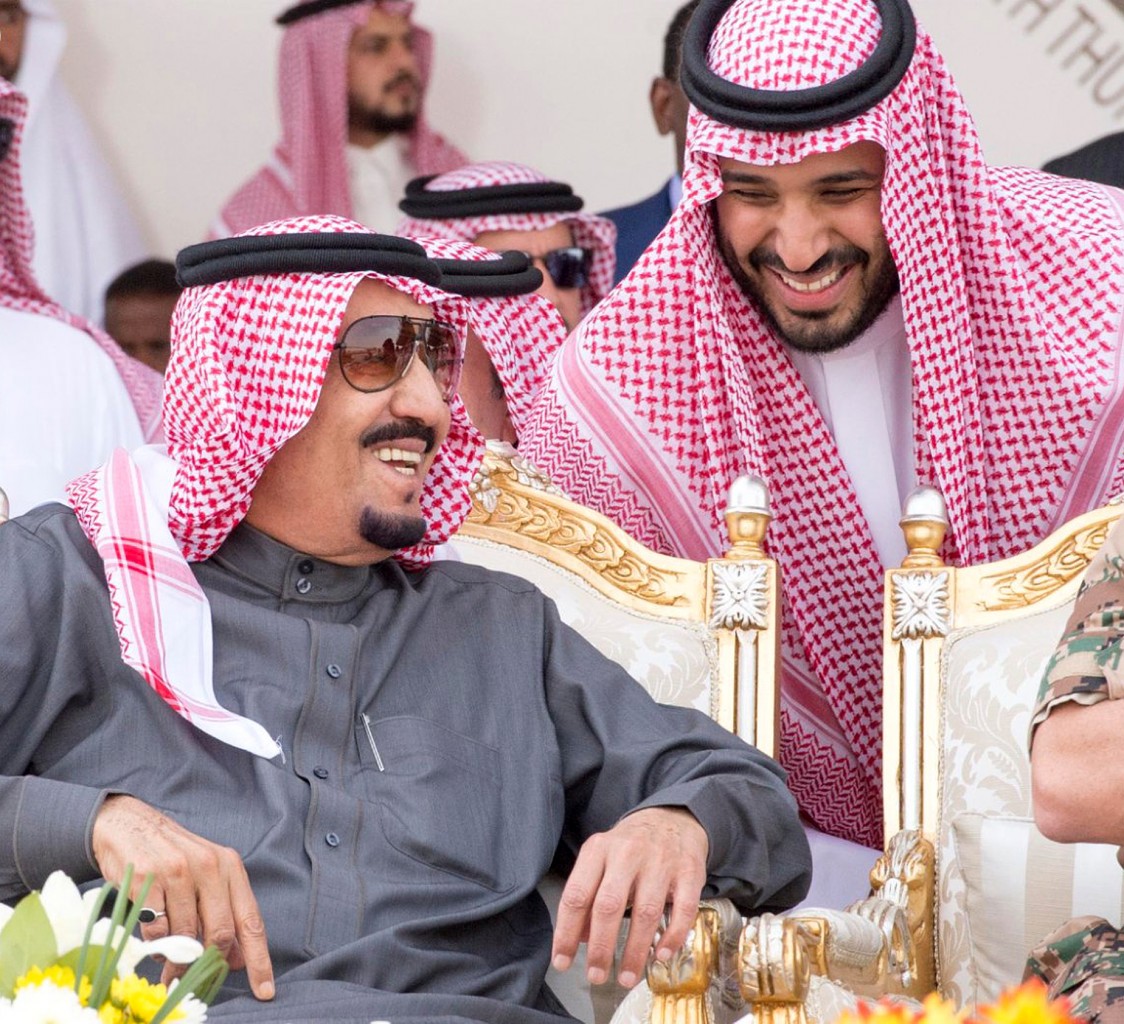Analysis
Secret diplomacy writes new alliances in the Middle East
Behind the scenes, the alliance between Israel and Saudi Arabia is strengthening as Egypt moves closer to Hamas.

In the Middle East, there are two types of diplomacy: one in the sunlight, another behind the scenes. That’s nothing new, but it has never been as obvious as it is now, when enemy countries and allies are learned to share the same goals. The case of Israel and Saudi Arabia is a good example.
A couple of days ago, there were rumors that the heir to the Saudi throne, the mighty Prince Mohammed bin Salman, visited Israel in secret to discuss common strategies in Syria and against the “enemy” Iran. The first reporter who broadcast the indiscretion, which was never officially confirmed, was Simon Aran of Radio Israel. Aran did not go beyond a hazily defined “Saudi prince has come to Israel,” but the Arab media have called into question Mohammed bin Salman himself.
The visit was immediately condemned by newspapers connected to Qatar, ready to add the indiscretion to the crisis between Doha and Riyadh, which began three months ago with a Saudi blockade of its tiny neighbor. Saudi Arabia responded in the Elaph newspaper denying everything and adding that, actually, it was a Qatari prince, not a Saudi one, who spent two days in Tel Aviv.
However, last week, Israeli Prime Minister Netanyahu clearly underscored, with good reason, that the current relations with Arab states “are the best they’ve been in Israel’s history,” even without peace with the Palestinians. Netanyahu said during a foreign ministry meeting: “What is happening with them has never happened when we signed agreements. There is cooperation in various ways and at various levels, although everything is still unclear.”
Aran recalled that almost 20 years ago “there were Arab representatives in Israel, including the Ambassador of Mauritania and representatives of Qatar, Tunisia, Morocco and Oman” and that “an Israeli diplomat had been sent to Doha.” But that was during the Oslo peace, when Israelis and Palestinians attempted to negotiate a “final” agreement that never occurred. Nevertheless, today, the most extreme right government in the history of Israel actually has achieved broad consensus among the Arab countries with which it is, technically, still at war.
In this vortex, in which the enemies of the past are the new allies, the relationship between the Islamic Hamas movement and the Egyptian regime of Abdel Fattah el-Sisi develops. Cairo is at war against the Muslim Brotherhood, denounced as a “terrorist organization.” And until recently the Egyptians considered Hamas, the Muslim Brothers in Palestine, as “terrorists,” accused of contributing to the destabilization of the Sinai and maintaining “ambiguous” relations with the armed cells linked to ISIS operating in the peninsula. With a 180-degree turn, el-Sisi now negotiates with Hamas, which has sent to Cairo its leader Ismail Haniyeh and much of its political leadership to continue the dialogue.
The reason behind this move may be Cairo’s need to co-opt Hamas in the “fight against terrorism” and improve living conditions in Gaza. In fact, the Egyptians are about to call Palestinian National Authority President Mahmoud Abbas “an obstacle” for the realization of a plan to lead their man, the “rebel” Mohammed Dahlan, with the support of a domesticated Hamas ready to cooperate in the security efforts in Sinai.
Although it takes place in public, Russian diplomacy does not always receive its due attention. It is positioning itself as the pivot on which the solutions to crisis outbreaks in the Middle East revolve. Russian Foreign Minister Sergei Lavrov’s visit to Gedda on Sunday and his trip two days ago to Amman — a few weeks after the previous tour to Kuwait, the United Arab Emirates and Qatar — further strengthened Moscow’s position in the region.
In Saudi Arabia, Lavrov has tackled the issue of “security zones” in Syria, the result of the agreement signed between Moscow, Ankara and Tehran in May in Astana, pointing out that the areas “will not be used to divide the country into enclaves.” He then underlined that Russia “actively supports” Saudi Arabia’s efforts to bring together Syrian opposition groups to make “more effective talks” with representatives of the government in Damascus. For its part, Saudi Foreign Minister Adel al Jubeir expressed his satisfaction for the “neutral” Russian position on Yemen. And on Tuesday in Moscow, there was the Lebanese prime minister and U.S. ally Saad Hariri.
Originally published at https://ilmanifesto.it/la-diplomazia-segreta-scrive-le-nuove-alleanze-in-medio-oriente/ on 2017-09-13
